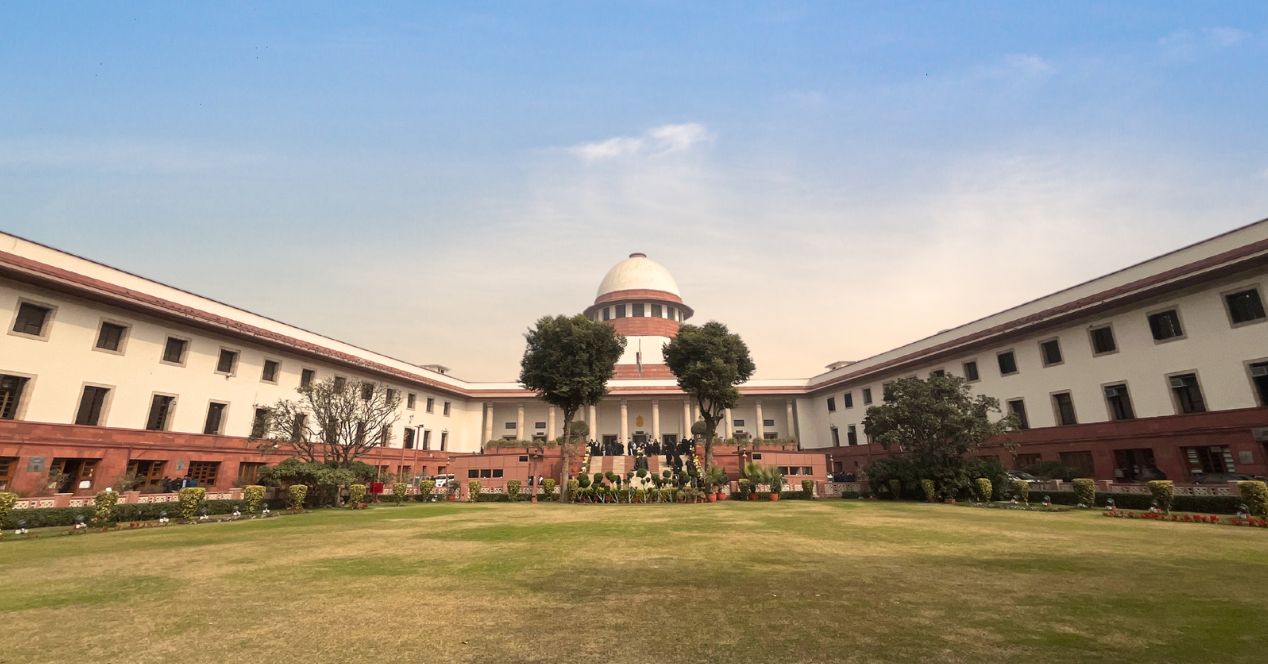What is ‘Waqf by User’?
A ‘waqf by user‘ refers to a property that is treated as waqf based on its long-term use for religious or charitable purposes, even without formal documentation. This principle has been a part of Indian waqf law, recognizing properties that have been continuously utilized for religious or charitable activities as waqf.
(r) “waqf” means the permanent dedication by any person, of any movable or immovable property for any purpose recognised by the Muslim law as pious, religious or charitable and includes—
Section 3 in The Wakf Act, 1995
(i) a waqf by user but such waqf shall not cease to be a waqf by reason only of the user having ceased irrespective of the period of such cesser;
Key Aspects of “Waqf by User”
- Long-term Usage: The defining factor is the sustained use of a property for religious or charitable purposes over an extended period.
- No Formal Deed: Unlike traditional waqf, a ‘waqf by user‘ lacks official documentation declaring it as waqf.
- Implied Dedication: A property’s dedication to waqf status can be inferred from its usage and the owner’s conduct.
- Irrevocable Nature: Once designated as waqf, the property is considered the property of Allah and cannot be revoked.
- Legal Recognition: Indian jurisprudence and statutes have upheld this concept, including the Waqf Acts of 1954 and 1995.
Criticism and Challenges
Despite its historical acceptance, ‘waqf by user’ has faced criticism:
- Ownership Disputes: The absence of documentation often leads to legal conflicts over property status.
- Government Property Claims: Instances have emerged where government-owned properties were controversially declared as waqf.
- Legal Ambiguity: The lack of clear criteria has resulted in unnecessary litigation and disputes.
The Waqf (Amendment) Bill, 2024
The proposed Waqf (Amendment) Bill, 2024 seeks to abolish the concept of ‘waqf by user’. If enacted:
- Properties can no longer be designated as waqf solely based on long-term usage.
- A formal waqf deed will be required for any new waqf creation.
- Existing registered waqf properties under “waqf by user” will be protected, provided they are not disputed or government-owned.
This amendment aims to bring clarity, prevent misuse, and ensure transparency in waqf property designations, marking a significant shift in waqf governance in India.

The Wire: The Wire News India, Latest News,News from India, Politics, External Affairs, Science, Economics, Gender and Culture
thewire.in
The Court will decide whether the Waqf (Amendment) Act, 2025, violates the freedom of religious denominations to manage their affairs.
www.scobserver.in
